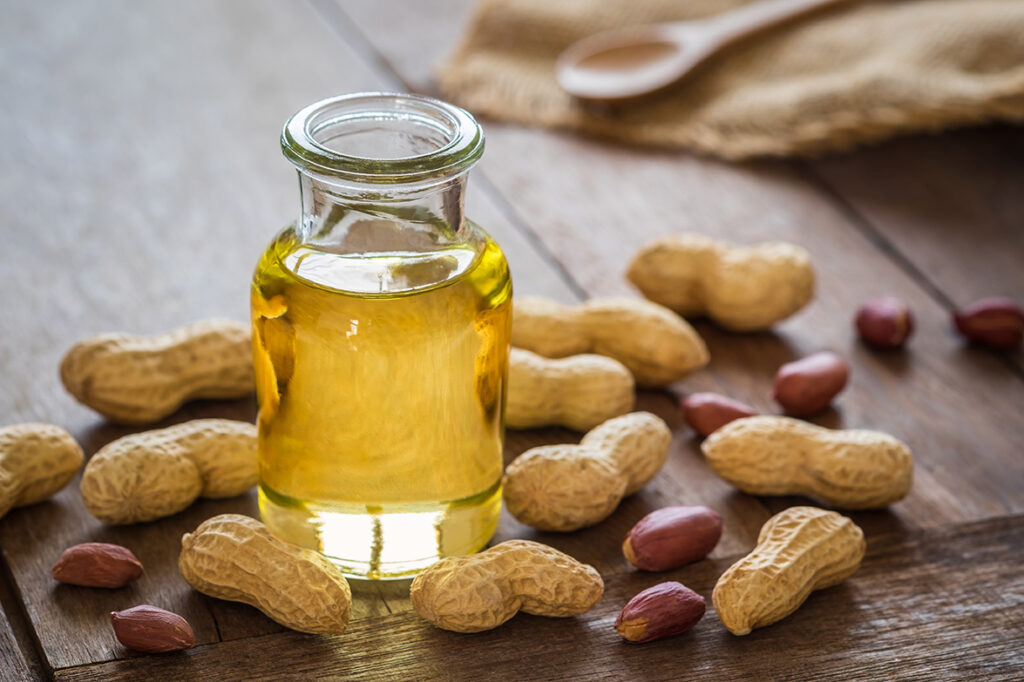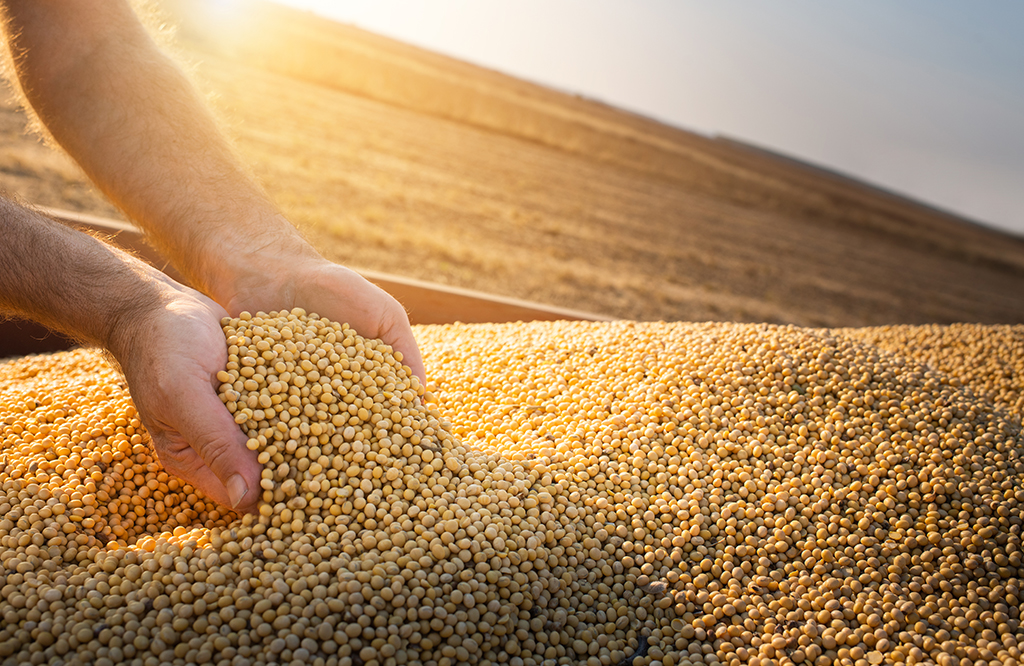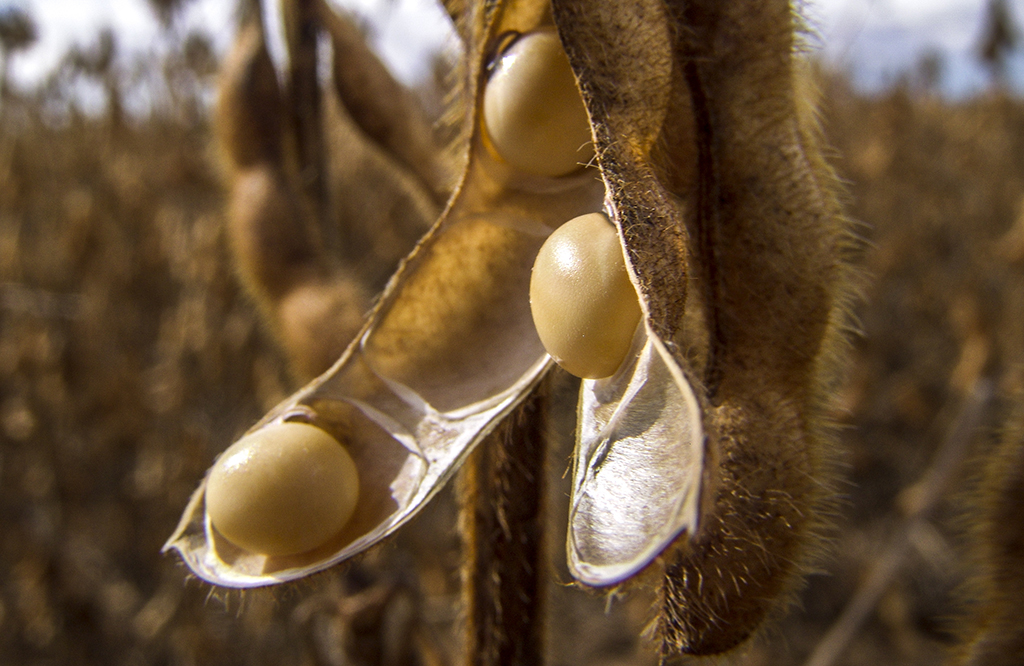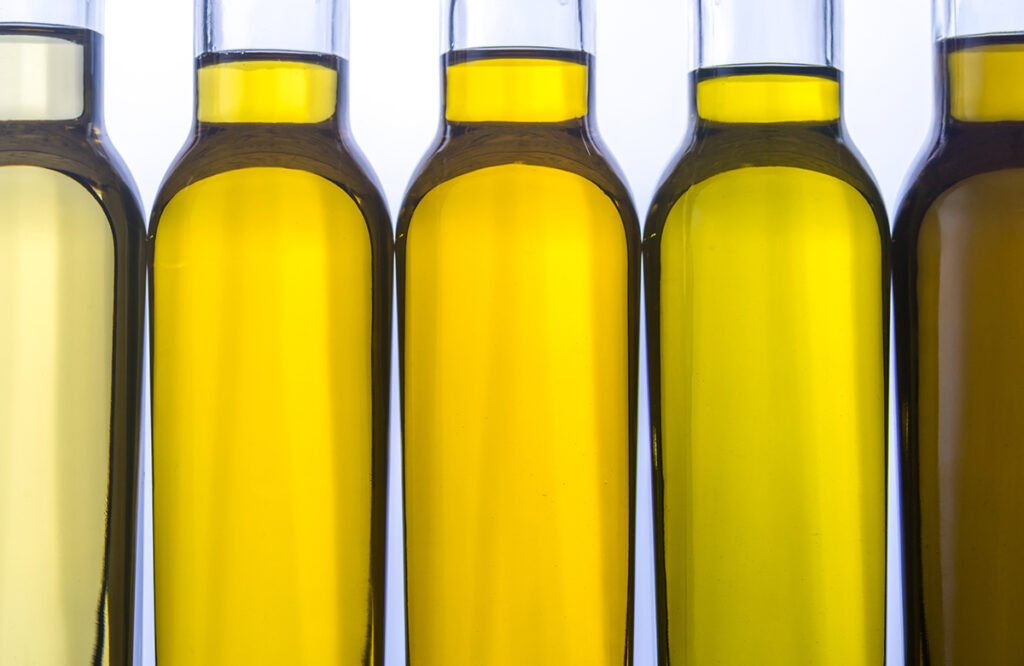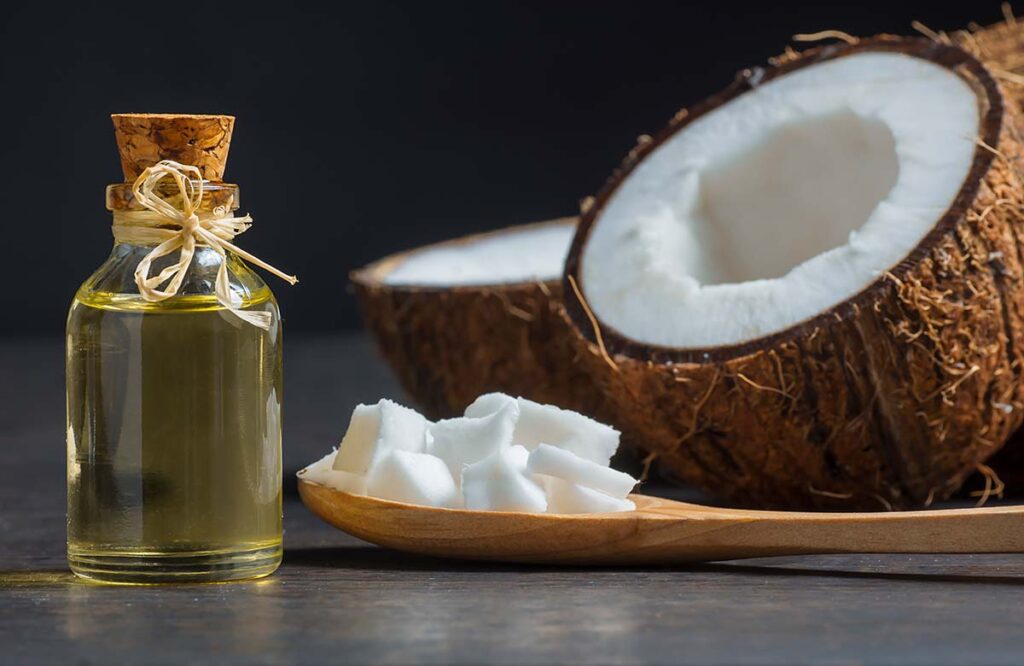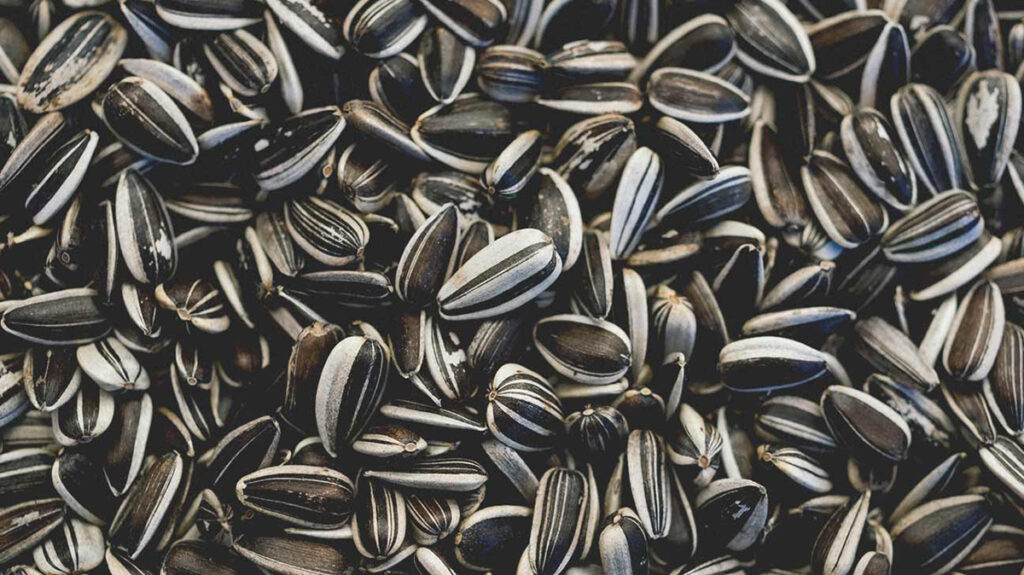Peanuts dominate as the most popular nut in America, where each person eats more than seven pounds per year on average. While Americans tend to favor this snack as a spreadable nut butter, this tasty seed is popular around the world as a versatile ingredient rich in protein, fiber, and oil. Although peanuts are most…
Maximize Profits with Peanut Oil Extraction
